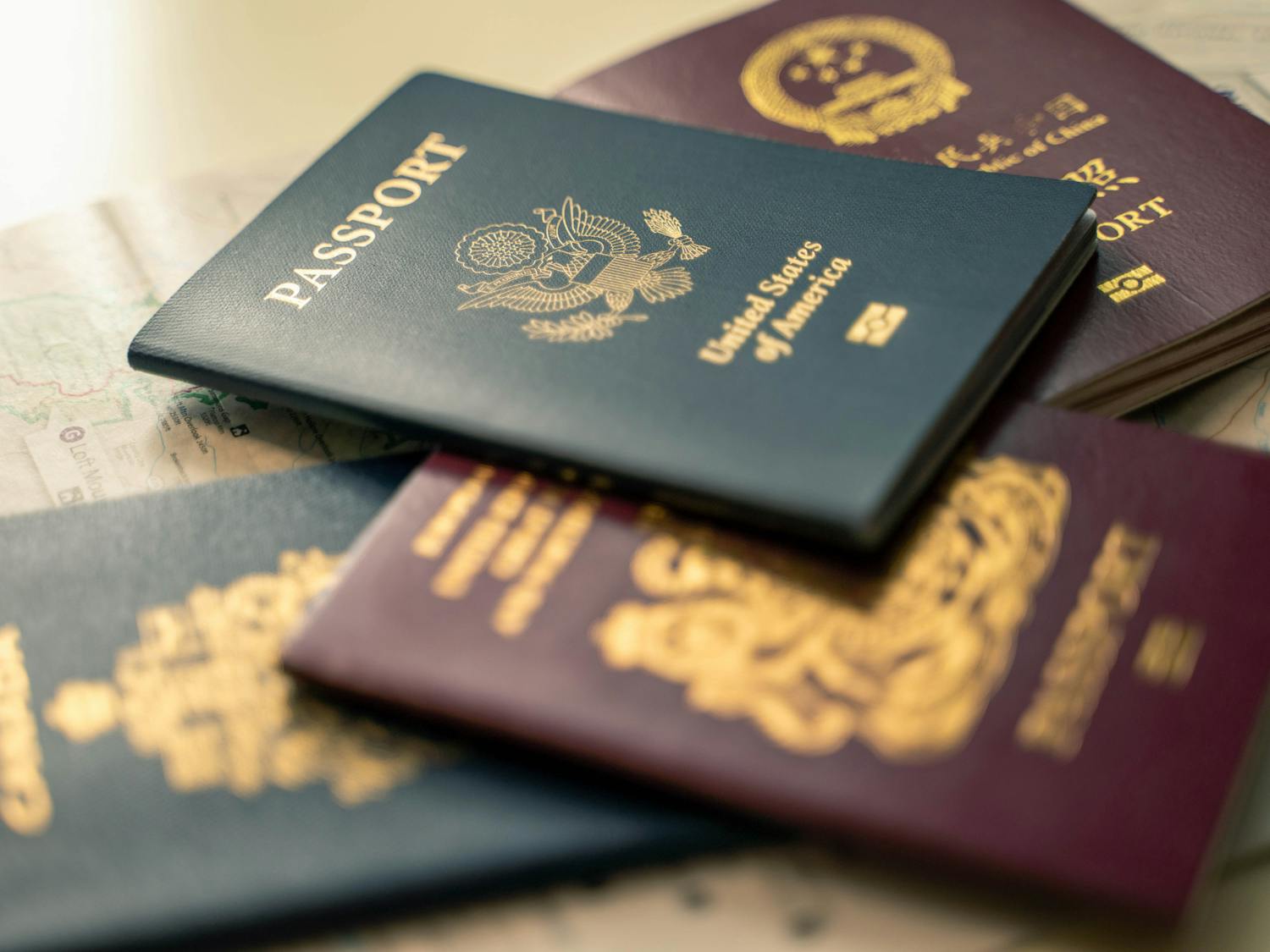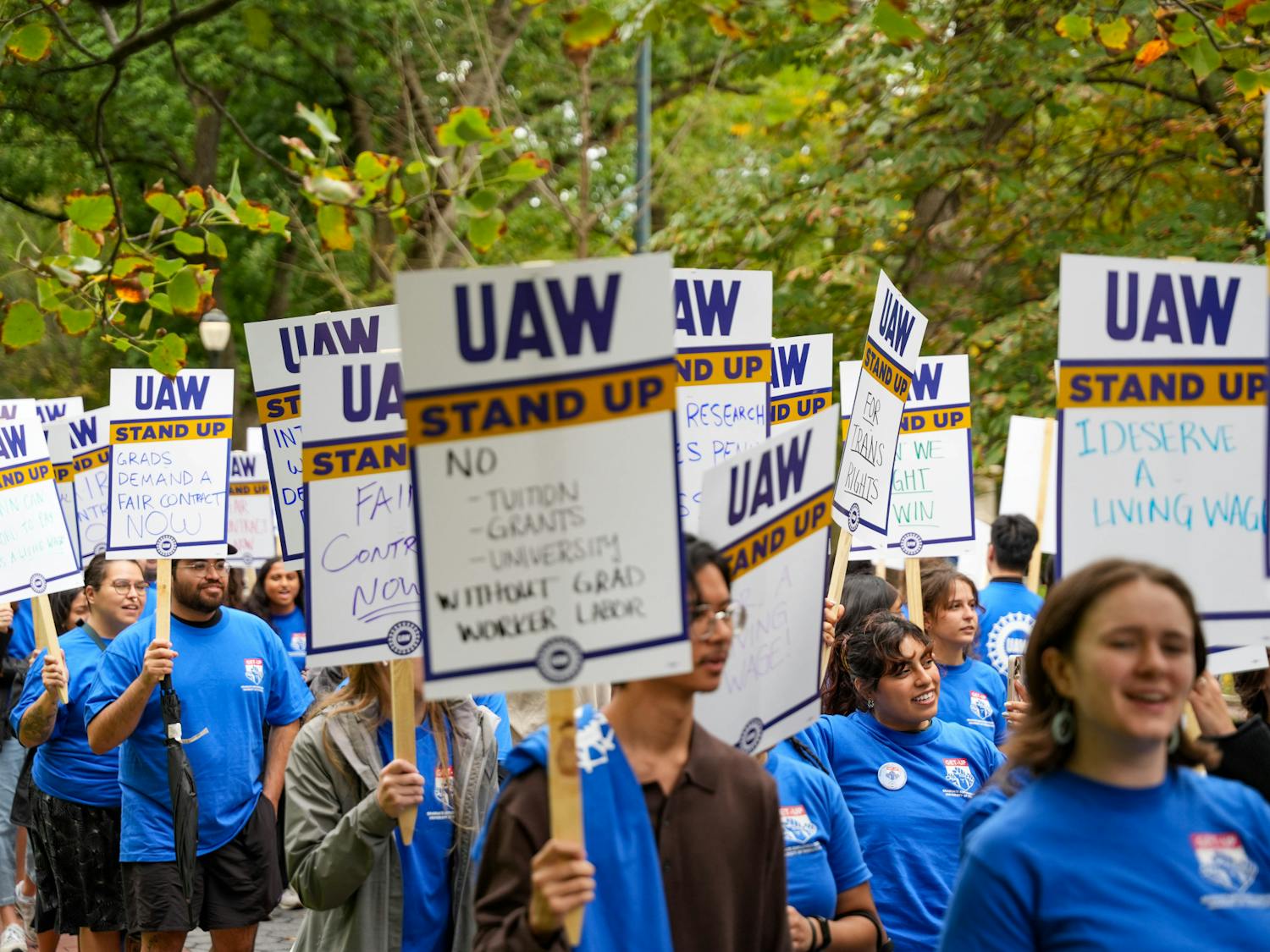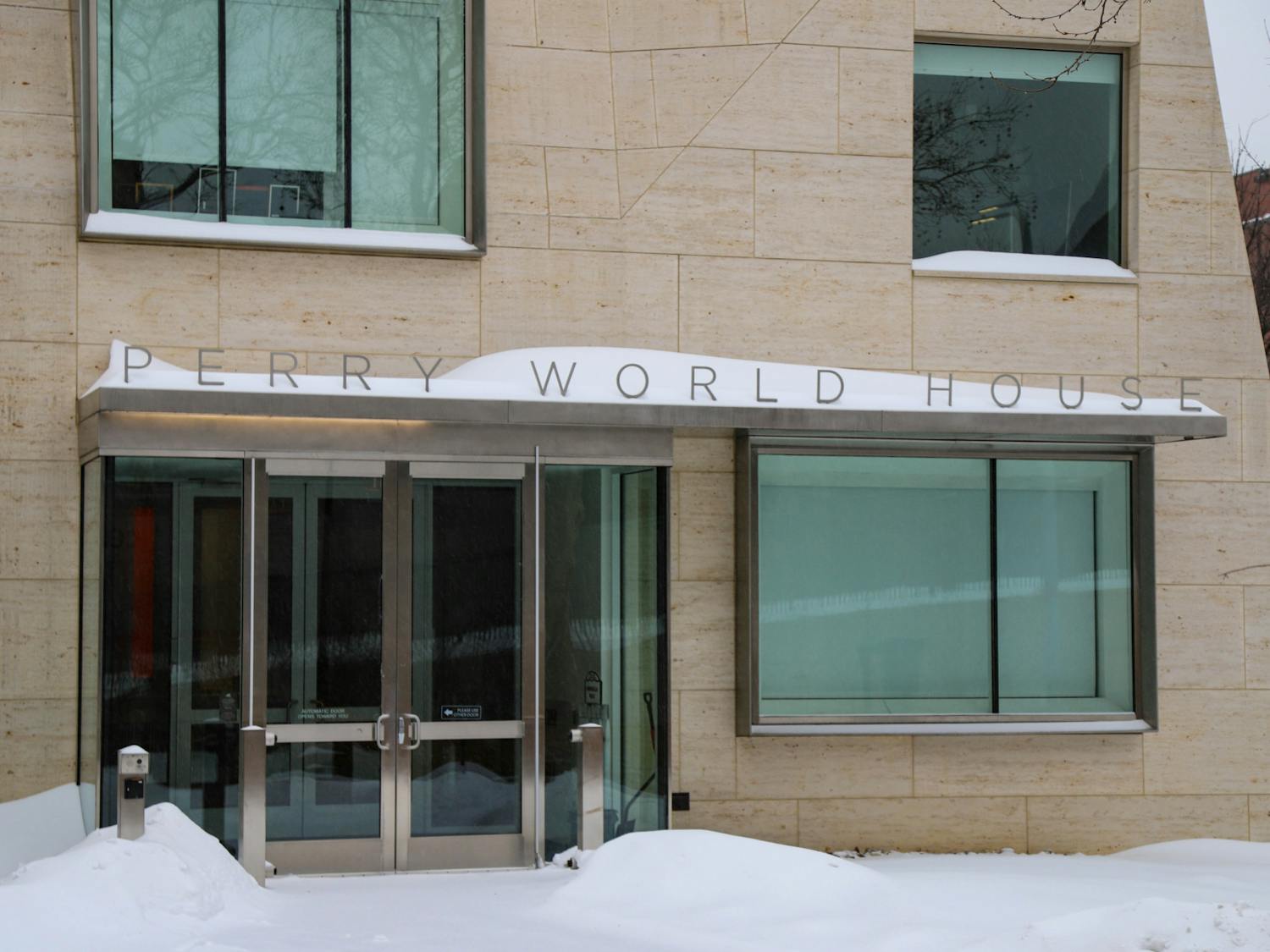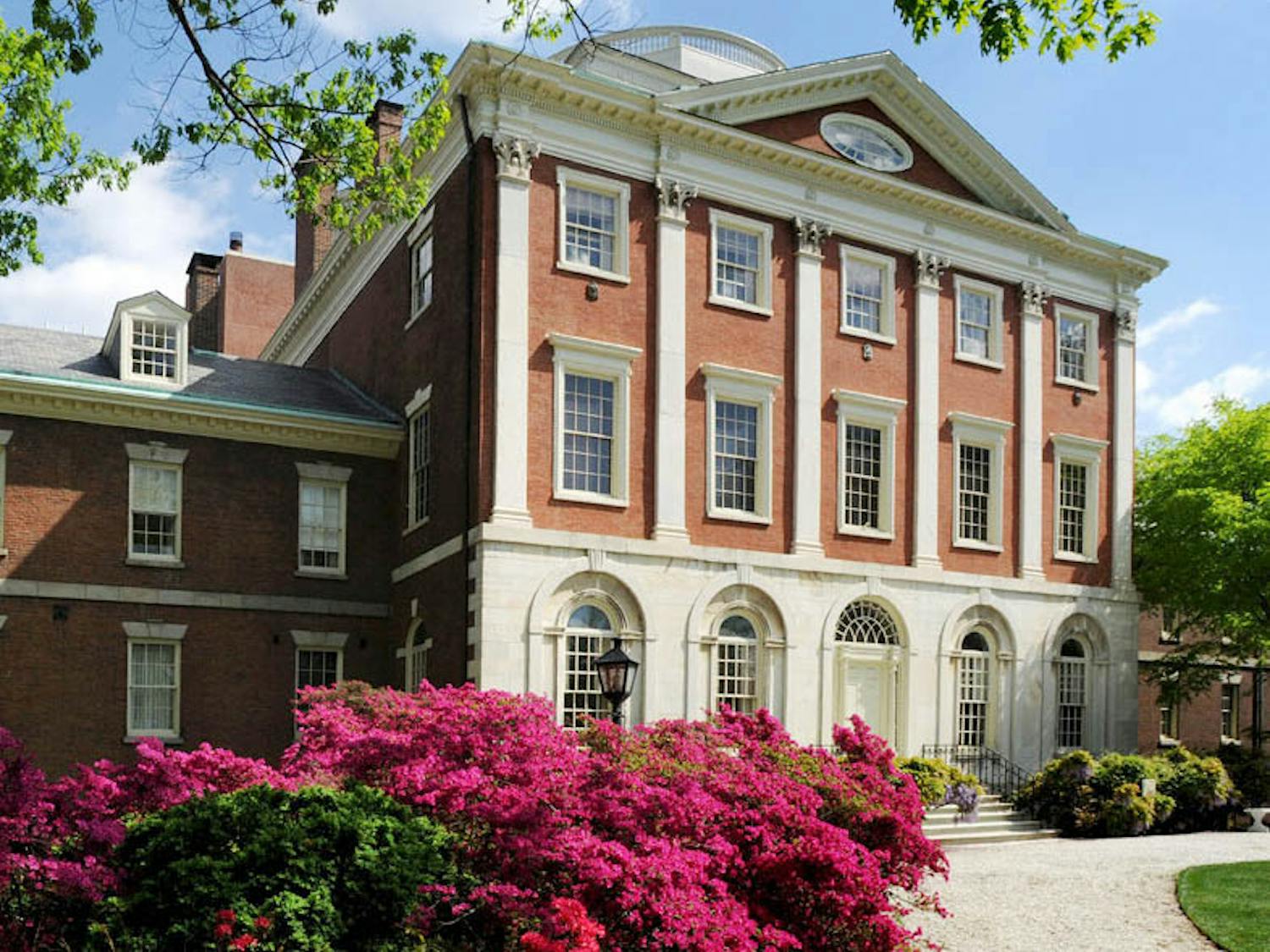Spring break and competitions — save for maybe beach volleyball — generally don’t go together.
But the four Penn teams who attended the Hult Prize regional finals spent their time off presenting projects, learning from other teams and vying for a spot in the global finals.
The Hult Prize regional finals took place March 4 in five different locations: Boston, Dubai, London, San Francisco and Shanghai. More than 300 teams — each comprised of three to four undergraduates and graduate students from universities around the world — pitched their startup proposals that combated challenges related to this year’s theme: the refugee crisis.
The regional finals participants were selected from more than 50,000 entries through both local competitions and an online application. Team Haya qualified for the regional finals in Boston by winning the Hult Prize at Penn, proposing a plant-based toothbrush that does not require water or toothpaste. Team Mesh secured a spot in the San Francisco competition by submitting to the general applicant pool, constructing a hardware device and a smartphone app that would permit refugees to communicate in places that lack cell towers or the internet.
“Being able to share your idea with an audience whose beliefs resonate with your own definitely made this much more than just a competition,” Engineering freshman Dan Truong of Team Mesh said. “You get to know a lot of people who want to help out the lives of refugees and who want to make an impact on a marginalized community.”
While none of the four teams advanced to the global finals, the regional finals presented an opportunity for teams to critique other pitches and obtain feedback from peers around the world.
“All of the teams within a category were able to talk with the judges and the other teams and actually discuss the practicality of each business model,” Wharton freshman Charles Zhang of Team Haya said. “I initially thought it would just be the judges that would decide who would be going forth to the next round, when in reality the teams also had a voice in terms of which ideas they thought were best.”
Both Team Haya and Team Mesh are composed entirely of freshmen, two of the few freshmen-only teams at the event. Surrounded by upperclassmen and graduate students, they gained inspiration from the pitches and ideas of the older students.
“We learned about best practices when it comes to pitching because a lot of these teams are graduate students who have more experience, College and Wharton freshman Varun Vallabhaneni of Team Haya said. “Seeing the way they pitch, what kind of information they included, I think that’s going to help us move forward in terms of pitches in general.”
Team Mesh expressed strong interest in adopting the feedback of judges and other teams in order to continue developing their social enterprise.
“The Hult Prize has narrowed our focus to the refugee population, which is undoubtedly a population that needs a lot of help,” Wharton and Engineering freshman Chris Lin of Team Mesh said. “But now that the Hult competition is over, we can branch out and see how we can impact other populations as well.”









